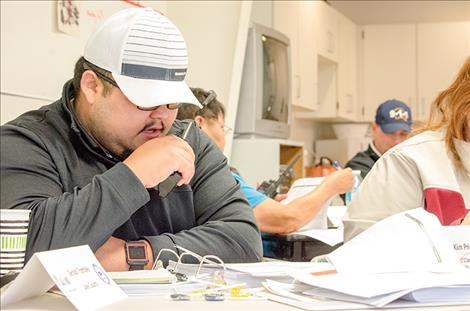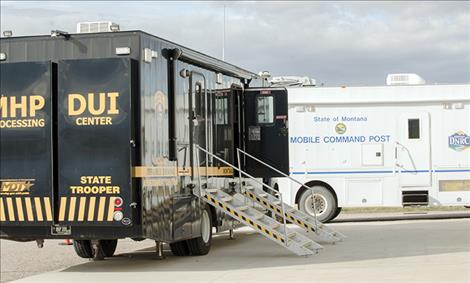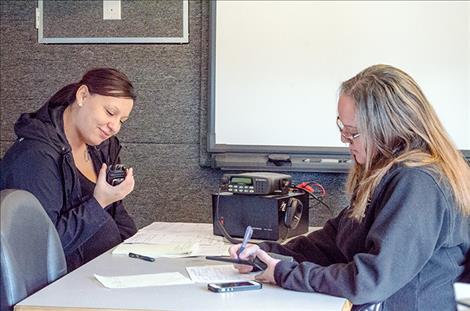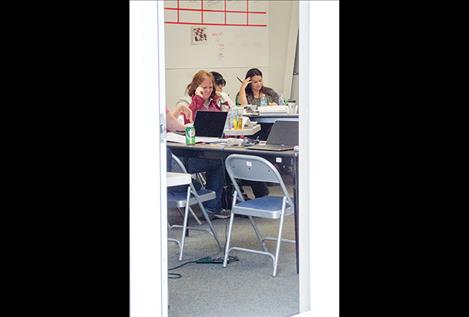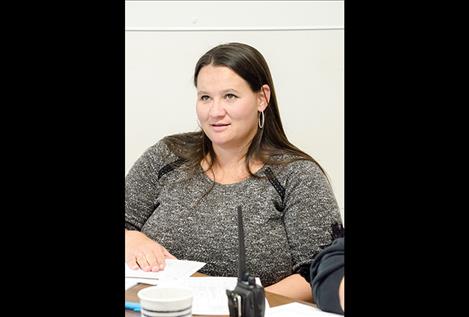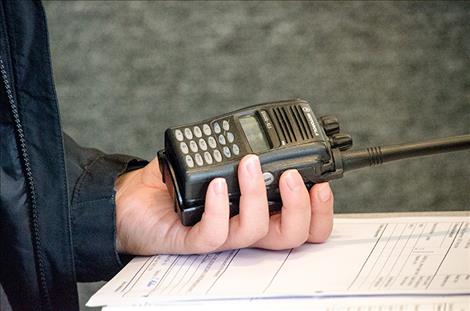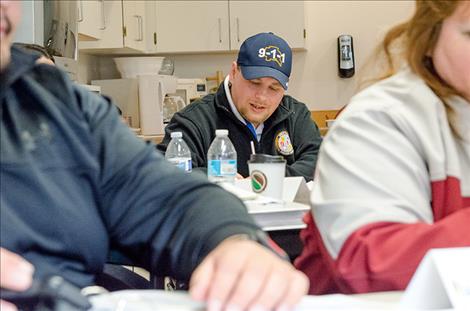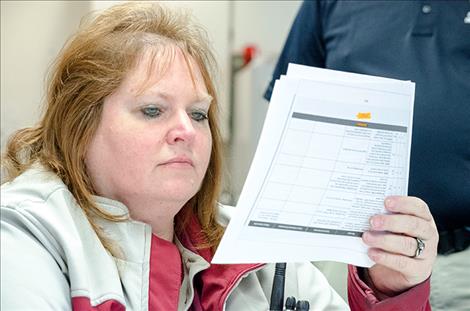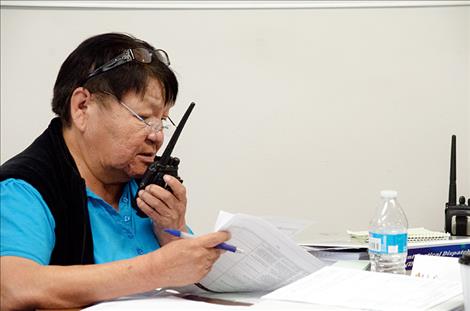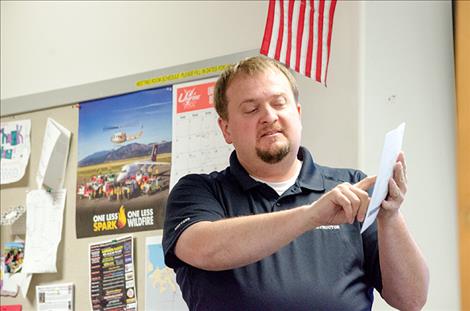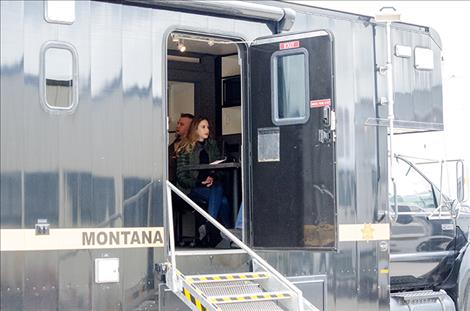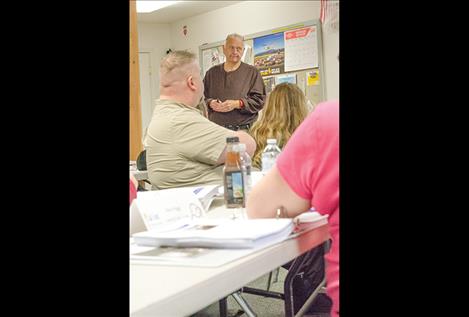Dispatchers train for disaster response without aid of computers
Hey savvy news reader! Thanks for choosing local.
You are now reading
2 of 3 free articles.
POLSON – In order to get around prohibitive costs, Lake County Office of Emergency Management Director Steve Stanley organized a local training session for his dispatch crew and first responders last week.
Stanely, who said he wants to offer his 911 emergency dispatch crew and other emergency responders regular training opportunities, noted that trainings are expensive.
“I was frustrated about how much it costs to send my staff to training programs,” he said. “It was $7,000 for a training system in Tennessee, so I thought we could bring the training here.”
On Wednesday, locals and people from different counties attended a weeklong Incident Tactical Dispatch Training Course at the OEM office next to the airport.
The instructors traveled from Lake County, Florida, and Salt Lake City, Utah, to train about 20 people from different backgrounds including dispatch, fire, law enforcement, and search and rescue.
Stanley said the training session was focused on how to respond to a natural disaster or a large-scale emergency. Specifically, crews were taught how to set up an extended communications system with different agencies in the event the regular dispatch service is overloaded with calls.
Instructor Charles O’Neal with Homeland Security’s Office of Emergency Communications said the training helps people know how to react quickly to a large-scale situation with several things going on at the same time.
He said many of the people participating in the training program were dispatchers used to working day-to-day dispatch systems. He noted that dispatchers have perfected the art of multitasking and can take calls, record information, and alert emergency response teams all at the same time. Last week’s training sought to teach dispatchers how to be able to set up communications systems outside of their regular environment.
“The main thing we want them to leave here knowing (is) how to be tactical dispatchers for large scale incidents out in the field rather than day-to-day dispatchers,” he said.
The ultimate goal is to train emergency responders and dispatch personnel how to set up communications operations during a large-scale incident to provide communication for the public.
Instructor Jason Matthews is a police offer from Florida who worked through the Hurricane Irma disaster. He said a real emergency runs more smoothly if people know what to expect, which is why he travels the country to train people.
The instructors set up a fake emergency for the group to continue practicing during several days. Two mobile command centers were set up in two trailers outside the Office of Emergency Management for the groups to practice a scenario.
Instructor Justin Watters said that the responders would pretend to be at an Iron Man competition filled with people when several emergencies would occur. First responders were given handheld radios, a pen, and some paper and told to take emergency calls and route them to the correct emergency response teams.
Celeste Maxwell is on the dispatch crew with the Chouteau County Sheriff’s Office. “Stand by for roll call,” she said across the radio channel during a practice exercise.
She put the radio down for a moment and explained how she was feeling as she sat in one of the mobile command centers.
“This is much different than I’m used to,” she said. “We are usually in front of a screen with a keyboard. This is going back to pen and paper without all the technology, but it’s good to be able to practice for something different.”
She sat with two other dispatchers: Yavon Robertson from Lewis and Clark County and Lindsey Keller from Glacier County. The group discovered that their radios had a lot of interference when they sat together to take calls.
“It’s little things like this that you can learn to mitigate for a real situation,” one of the instructors said.
Stanley said his dispatch crew has been involved in organizing real emergency response crews for large incidents in the past year including fires and a deck collapse with several injuries, but training exercises help keep the crew up-to-date and ready for anything. He plans to continue providing training programs for his crew and other responders – preferably closer to home.
















